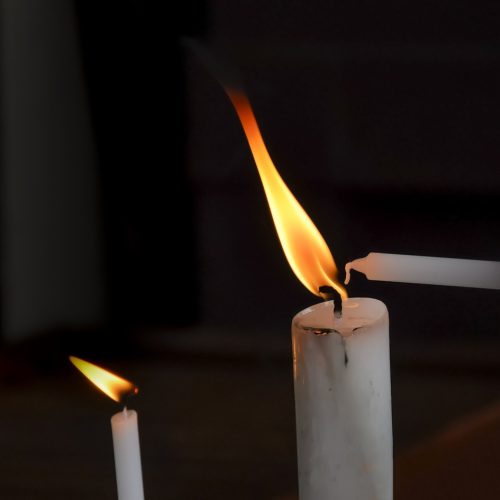
Traditions: Nochebuena (Christmas Eve) in Spain
Dear Hannah,
Sometimes when we talk about Christmas, we imagine that we are all talking about the same day—perhaps December 25th—but the truth is, depending on the country and culture, the most important day of the Christmas season can fall on a number of different dates. In Spain, the tradition of nochebuena just might be the most important holiday at Christmas time in Spain…and it doesn’t take place on the 25th!
 What is Nochebuena?
What is Nochebuena?
Technically meaning “the good night,” nochebuena is Christmas Eve (December 24th). However, in Spain, this evening might be more important than Christmas Day as it is the beginning of the Christmas holidays or Navidades. (While this holiday period officially begins with nochebuena, most people get into the holiday spirit starting the 22nd of December when the National Lottery el Gordo is drawn. So, by the time Christmas Eve rolls around, everyone is in full holiday cheer!) If you can, we highly recommend you take advantage of the season to interact with people in your local community and get the whole feel of the festivities!
How do they celebrate?
Even though the evening might start off with friends having a quick drink together (they are all back home for the holidays after all), nochebuena is a time to spend with the family. Organized around a large dinner that is usually full of special dishes, good wine, and lots of sweets, families get together to catch up. In comparison to an American buffet style meal, in Spain they traditionally have multiple courses and the meal can go on for hours. Therefore, this meal will start relatively early (especially for Spanish people who tend to eat later anyway) so that more religious families can end their evening with a midnight mass or Misa del Gallo (literally: mass of the rooster) and classic Christmas Carols. Families who choose not to attend mass or caroling can easily carry on their celebration at home into the wee hours of Christmas morning.
You may be surprised to learn that nochebuena isn’t a night that kids usually wait for presents but instead enjoy family time. Generally speaking, Santa Claus isn’t as present in Spain as in the U.S.—although we can see how this influence is changing with globalization. Traditionally, Christmas presents are brought by the Three Kings and received on the 6th of January (Día de los Reyes Magos). If children do receive gifts on nochebuena, they are not the biggest gifts of the holiday season. At the same time, in many provinces we can see local own celebrations on this evening where smaller gifts are presented to the children (see, for example, Catalan Christmas traditions).
 What should you do if you are here?
What should you do if you are here?
If you will be in Spain on Christmas Eve alone, we would highly recommend trying to find someone to spend this time with—especially because it is traditionally family time, it might be difficult to be alone. Talk to your friends and colleagues about seeing if you can spend the holidays with someone (this year we are spending the holidays without my family and counting on friends to get us through it). Keep in mind that while Spanish people tend to be open and welcoming, this is usually a very personal time for families. Therefore, make sure to understand the importance the holiday has to your hosts and that you are aware of the commitment and try to honor their traditions as much as possible.
If you are traveling with your family or partner and don’t want to miss out on the holiday cheer, don’t worry, you can still participate! Cities will be full of lights, making them feel more warm and welcoming. And, in many restaurants (the ones that are open, that is), you will be able to find all the delicious food your heart desires with the different set menus for nochebuena. These special menus will usually be made public days or weeks before nochebuena itself, so you will be able to see what courses you will get for the set price. They are usually quite decadent both in what they are serving and in price but, in a traditional nochebuena way, you will want to celebrate this evening so, if you can, try and treat yourself.
Note: Usually during this time you will not have the option of eating off the menu as restaurants will only prepare what is available on their set menus. It’s also a good idea to try to make reservations ahead of time to ensure you won’t be without a dinner option on the big day.
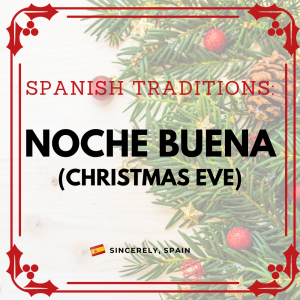 In addition, we would recommend seeking out a church or cathedral near you. Even if you are not religious, it can be interesting to see how people come together during the holiday season and share. And, as Spain is a traditionally Catholic country, it is easy to see how people gather together around in churches around this time. In addition, during the holidays, most churches will be extra decorated with candles and other Christmasy bits and people will be warm and open to sharing.
In addition, we would recommend seeking out a church or cathedral near you. Even if you are not religious, it can be interesting to see how people come together during the holiday season and share. And, as Spain is a traditionally Catholic country, it is easy to see how people gather together around in churches around this time. In addition, during the holidays, most churches will be extra decorated with candles and other Christmasy bits and people will be warm and open to sharing.
Have you ever spent Christmas Eve in a foreign country? Have you experienced a nochebuena here in Spain? Please share your experiences with us down below!
Sincerely,
Spain


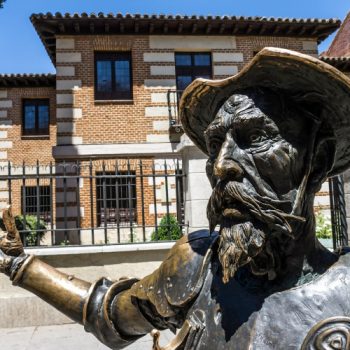
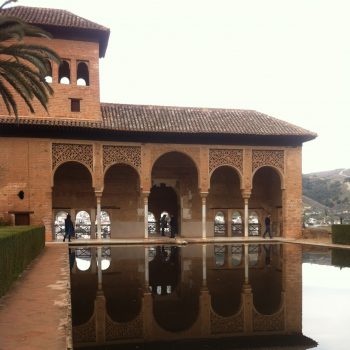
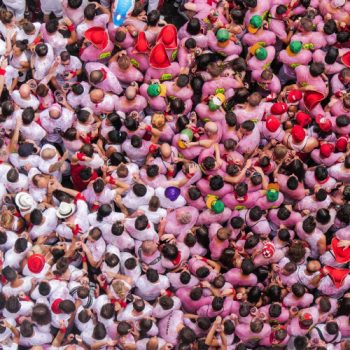
3 Comments
Pingback:
Chris
In Nochebuena, normally almost totality of bars and restaurants are closed by late afternoon. Nochebuena dinners are family affair starting at 9 to 10 pm
Sincerely, Spain
Thanks for your comment, Chris. Yes, it’s true that most bars and restaurants in Spain will be closed on the evening of Nochebuena so that time can be spent with family. However, especially in big cities, it’s also possible to find someplace to eat out that night if you do your research (and probably book in advance).